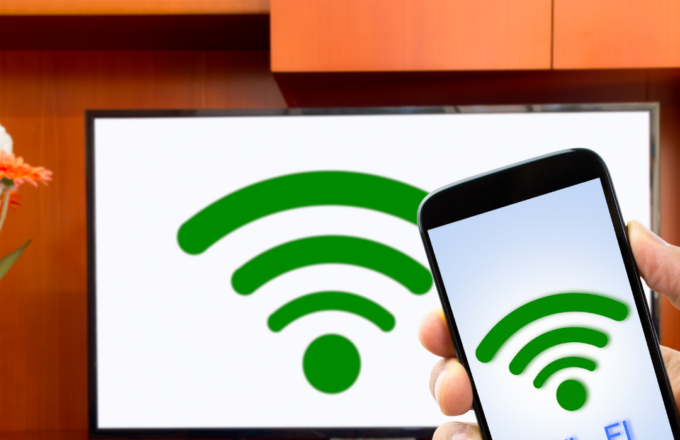
Protecting your Digital Home
November 11, 2021
So many of our devices in the home use wifi to connect, especially as our homes become smarter. These advances in technology are innovative and intriguing, however, they also pose a new set of security risks.
What you should you do to stay connected but also stay safe?
• Secure your Wi-Fi Network. Your home’s wireless router is the primary entrance for cybercriminals to access all your connected devices. Secure Wi-Fi and digital devices by changing the default password and username.
• Double your login protection. Enable multi-factor authentication (MFA) to ensure that the only person who has access to your account is you. Use it for email, banking, social media, and any other service that requires logging in.
• If you connect, you must protect. Whether it’s your computer, smartphone, game device, or other network devices, the best defense is to stay on top of things by updating to the latest security software, web browser, and operating systems. If you have the option to enable automatic updates to defend against the latest risks, turn it on. And, if you’re putting something into your device, such as a USB for an external hard drive, make sure your device’s security software scans for viruses and malware.
• Keep tabs on your apps. Most connected appliances, toys, and devices are supported by a mobile application. Your mobile device could be filled with suspicious apps running in the background or using default permissions you never realized you approved, gathering your personal information without your knowledge while also putting your identity and privacy at risk. Check your app permissions and use the “rule of least privilege” to delete what you don’t need or no longer use. Learn to just say “no” to privilege requests that don’t make sense. Only download apps from trusted vendors and sources.
• Never click and tell. Limit what information you post on social media. These seemingly random details are all that criminals need to know to target you, your loved ones, and your physical belongings—online and in the real world. Keep account numbers, and passwords private, as well as specific information about yourself, such as your full name, address, birthday, and even vacation plans. Disable location services that allow anyone to see where you are and where you aren’t at any given time.
• Use file sharing with caution. File sharing between devices should be disabled when not needed. You should always choose to only allow file sharing over the home or work networks, never on public networks. You may want to consider creating a dedicated directory for file sharing and restricting access to all other directories. In addition, you should password protect anything you share.
• Restrict access. Only allow authorized users to access your network. Each piece of hardware connected to a network has a media access control (MAC) address. You can restrict access to your network by filtering these MAC addresses. Consult your user documentation for specific information about enabling these features. You can also utilize the “guest” account, which is a widely used feature on many wireless routers. This feature allows you to grant wireless access to guests on a separate wireless channel with a separate password while maintaining the privacy of your primary credentials.
Being cyber smart is going to become more and more important as we live our lives in connected reality.
If you are a victim of cybercrime having Cyber insurance can help you with the costs associated with rectifying this. Download this free guide and talk to our team about your options.



